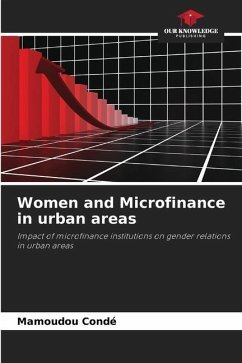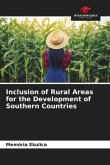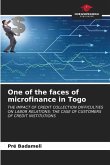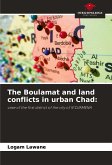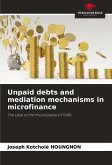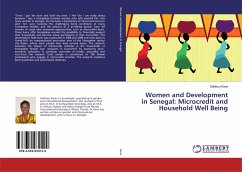In Guinea, strategies against poverty challenge both researchers and development actors in the face of a global reality, which is expressed differently according to the context: women are poorer than men and are affected differently by poverty. They do not have the same responsibilities, opportunities, or strategies for coping as men. In many contexts, their marginalization is increasingly reinforced. Without taking these realities into account, development programs and projects tend to reinforce the hierarchies and exclusionary factors that work against women. Thus, in this study, the following results were obtained: structure and functioning of the Caisse Locale Sabougnouma; gender relations in the urban commune of Kouroussa before microcredit institutions; the impact of MFIs on women and the evolution of gender relations in the urban commune of Kouroussa; and the population's perception of the impact of microfinance structures on women. This book is aimed at both academics andmicrofinance actors.
Bitte wählen Sie Ihr Anliegen aus.
Rechnungen
Retourenschein anfordern
Bestellstatus
Storno

